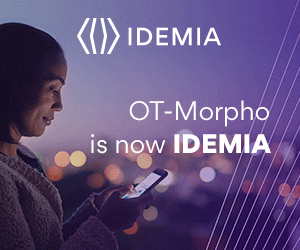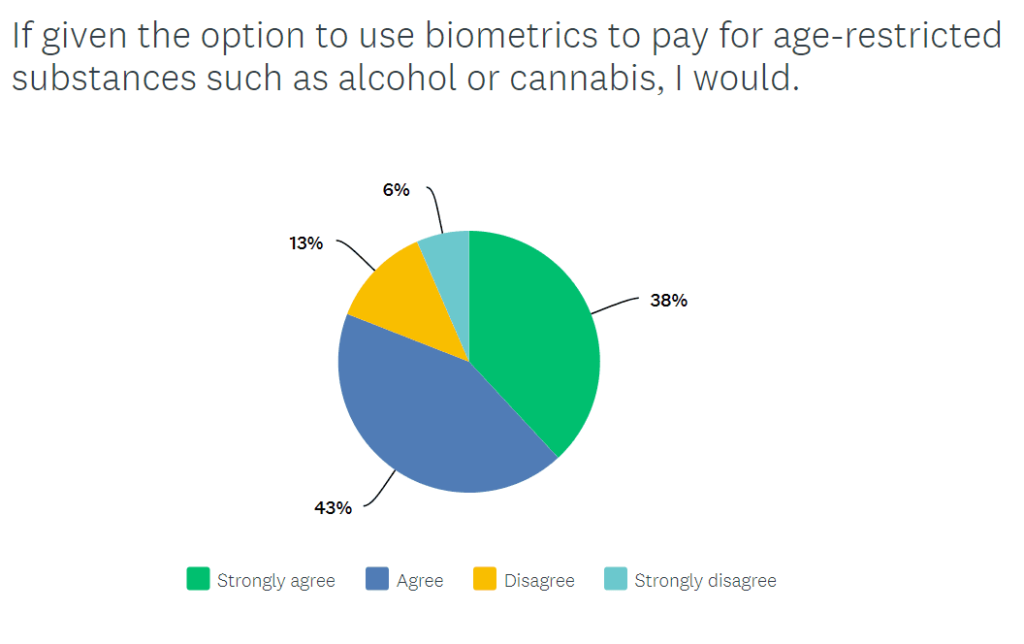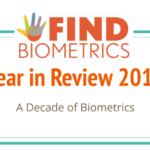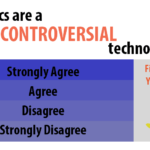
Industry professionals who participated in FindBiometrics’ Year in Review survey remain interested in using biometrics for age verification when buying restricted goods like alcohol or cannabis.
This year, the number of respondents who said they would use biometric age verification in these cases totaled 81 percent, with roughly half of those respondents – 43 percent – saying they ‘Strongly’ agreed with the idea. This is a very similar result to that of last year’s survey, in which 84 percent of respondents showed interest in biometric age checks, with 39 percent strongly agreeing.

As for those who indicated that they aren’t willing to undergo biometric age verification, part of their dissent may be based in uncertainty over what exactly such an age verification system would look like. Age estimation technologies based on face biometrics have been advancing over the years, offering applications in areas such as retail marketing, where tailored ads can be shown to people based on age and other demographics. But none can claim to be 100 percent accurate in determining subjects’ ages, and that may be the cause of some unease with the idea of biometric age verification.
But there are other ways to go about this. Yoti, for example, offers what is essentially a mobile ID platform that incorporates facial recognition and document reading to match users to their official identity documents, such as drivers’ licenses. This means that in a retail environment, the platform could be used to automatically verify the user’s age, without any need to present physical IDs; as such, it could even be implemented in self-checkout kiosks.
Other biometrics can be linked to consumers’ IDs, too; and CLEAR, to take another example, has emerged as a pioneer in biometrics payments – or ‘naked payments’ – with an age verification component, through its concession stand solution deployed at sports stadiums in New York and Seattle. CLEAR’s overall platform is designed to link individuals’ biographic data to biometrics like fingerprints, allowing them expedited screening at airports and other venues. It also means that members of the program can pay for items at one of the new biometric concession stands with a fingerprint scan alone – even beer, since the member’s age is recorded in their CLEAR profile.
These are innovative approaches to biometric age verification, and they’re an indication of why the vast majority of Year in Review participants are excited to try this application of biometric technology.
*
The 2019 FindBiometrics Year in Review is made possible by our sponsors: Aware, Inc., Clear, IDEMIA, SecuGen, Iris ID, FacePhi, Jumio, BioConnect, BIO-key.
–
February 12, 2020 – by Alex Perala








Follow Us